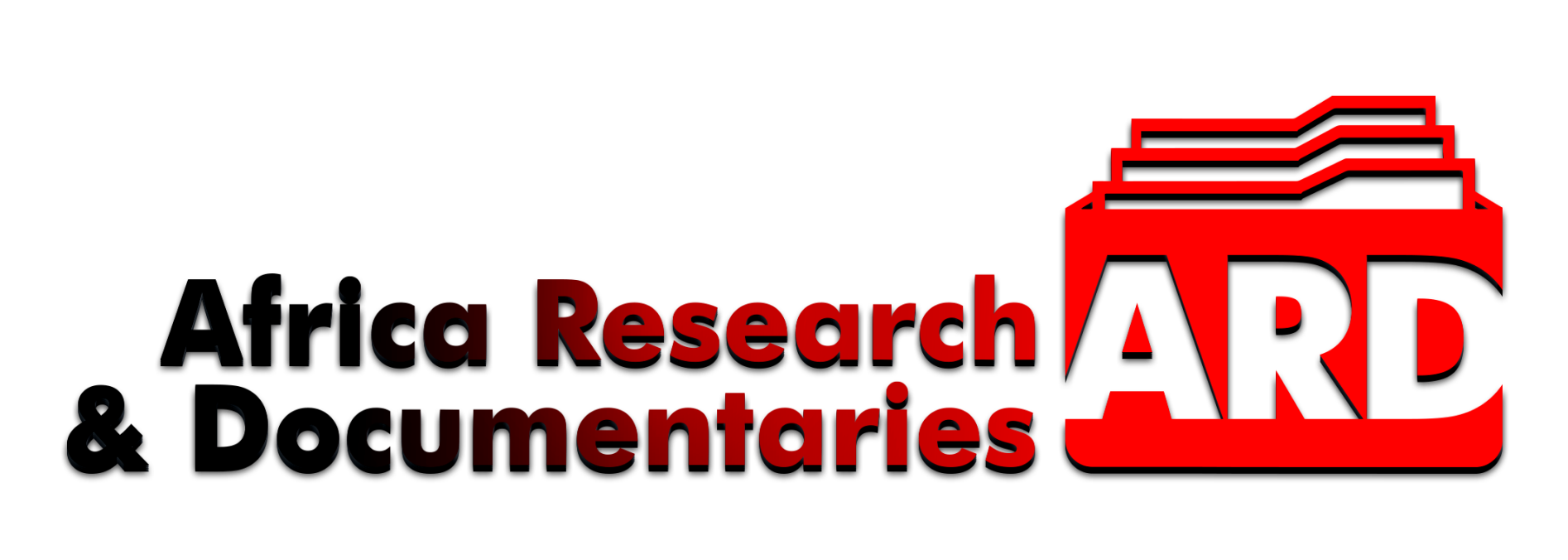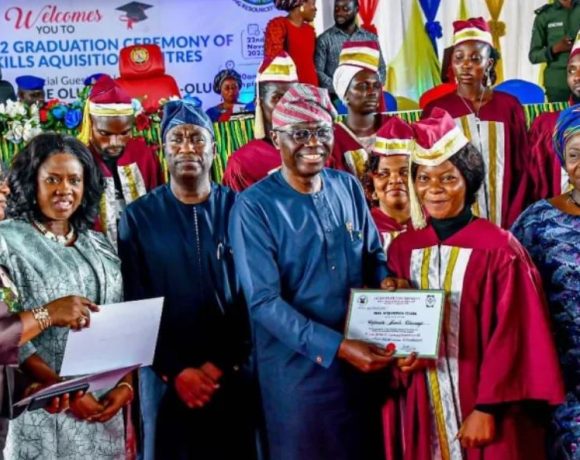New Minimum Wage Agreement: FG Reportedly Agrees on ₦70,000

In a significant move for Nigerian workers, the Federal Government (FG) has reportedly agreed to a new minimum wage of ₦70,000. This decision aims to improve the living standards of workers across the country and address the rising cost of living.
Background
The push for a higher minimum wage has been a hot topic in Nigeria for several years. Workers and unions have consistently advocated for better pay to cope with inflation and the increasing cost of necessities. The previous minimum wage of ₦30,000, set in 2019, has become insufficient for many families, prompting calls for an urgent review. Negotiations between the FG and labor unions have been ongoing, with both sides presenting their arguments and concerns. The unions have highlighted the financial struggles faced by workers, while the government has considered economic factors and budget constraints. Despite these challenges, both parties have now reached a consensus on the new wage.
Key Points of the Agreement
New Minimum Wage: The new minimum wage is set at ₦70,000, more than double the previous amount. This is expected to provide significant relief to low-income earners.
Implementation Timeline: The government has proposed a phased implementation plan to ease the financial impact on the economy. Specific timelines and details are yet to be finalized, but workers can expect gradual adjustments in their salaries.
Economic Impact: While the increased wage is a positive step for workers, it also poses potential economic challenges. The government will need to balance wage increases with inflation control and economic stability.
Reaching an agreement on the new minimum wage is a significant milestone for Nigerian workers. It reflects our commitment to ensuring a better standard of living for all, despite the economic challenges we face. We believe this decision will uplift many families and drive positive change across the country.”
— Federal Government Spokesperson
Benefits for Workers
The new minimum wage is a welcome development for many Nigerian workers. It promises to enhance their purchasing power, improve their quality of life, and reduce poverty levels. With more disposable income, workers can better support their families, invest in education, and access healthcare services. Despite the positive outlook, some challenges remain. Small and medium-sized enterprises (SMEs) may struggle to meet the new wage requirements, potentially leading to job cuts or business closures. The government will need to offer support to these businesses to ensure a smooth transition.
The agreement on a new minimum wage of ₦70,000 marks a significant milestone for Nigerian workers. While there are challenges to address, the overall impact is expected to be positive, offering a better standard of living for many. The FG’s commitment to improving worker welfare is a step in the right direction, fostering hope for a more equitable and prosperous future for all Nigerians.









